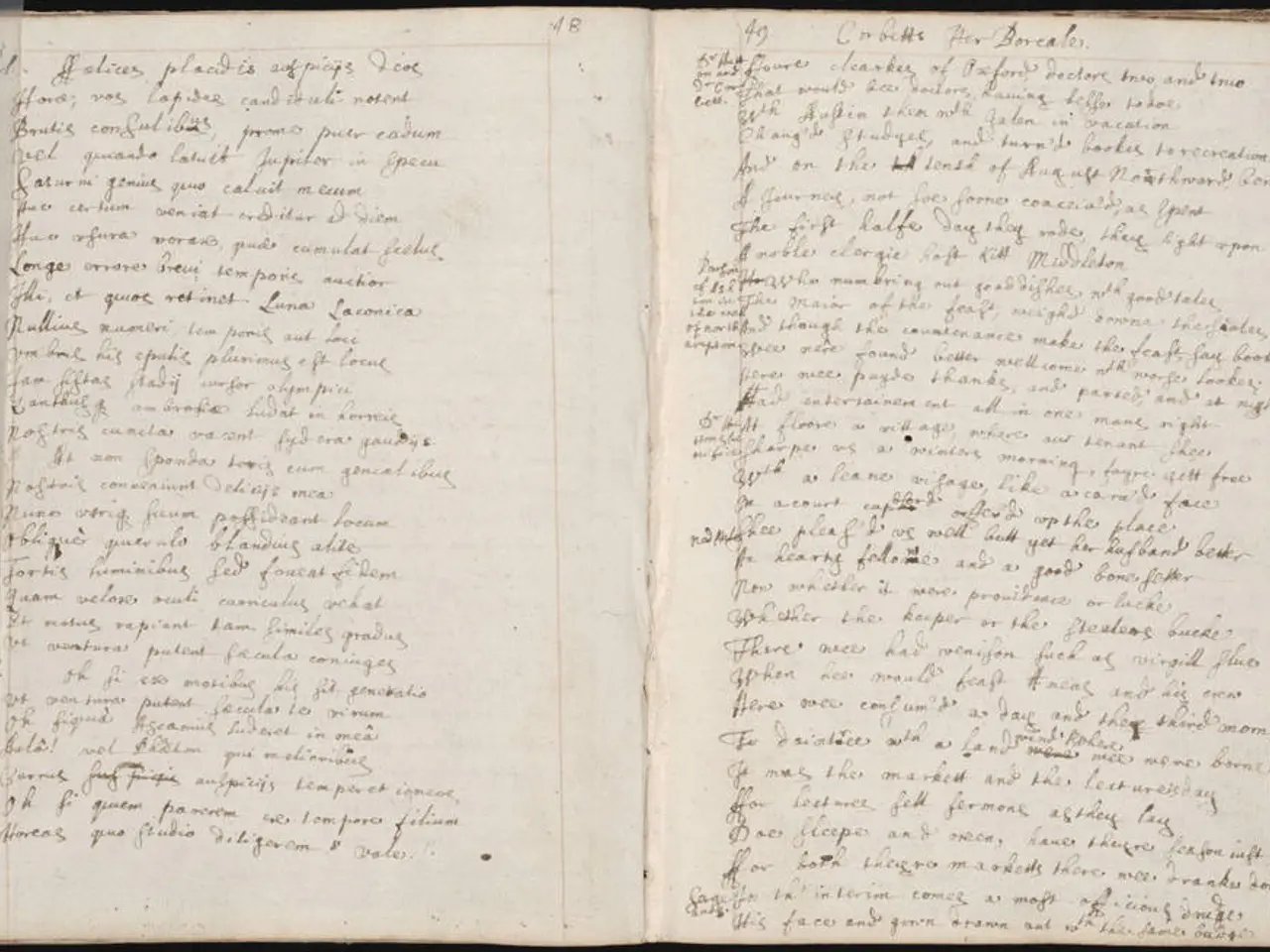Revise editorial necessitated promptly
In the world of self-publishing, having a good editor is crucial to avoiding embarrassment. Richard Risemberg, a seasoned writer and editor based in Los Angeles, offers four essential rules for finding the right editor for your novel.
- Seek Recommendations: Ask fellow writers who have published similar work for referrals to editors they trust. Their personal experiences can provide valuable insights.
- Explore Curated Platforms: Websites like Reedsy, the Editorial Freelancers Association, and ACES list freelance editors with verified experience, specialties, and reviews. These platforms can be a great starting point in your search.
- Assess Quality: Request a sample edit from potential editors or examples of their previous editorial letters. This will help you gauge their style and depth of feedback.
- Communicate: Have a conversation or an initial call with potential editors to ensure your communication styles align and to discuss expectations, especially if it’s your first time hiring.
For budget-conscious authors, websites like Fiverr or Upwork can provide affordable editors, though quality varies, so thorough vetting remains essential.
Consider editors with professional accreditation and memberships, such as those in the Chartered Institute of Editing and Proofreading (CIEP) or the Alliance of Independent Authors (ALLi), which signal standards of quality and professionalism.
It's important to find an editor who will not hide bad news from the author. Books edited by an author's friends may suffer from too much kindness. Even a real editor may miss minor errors, so it's essential to proofread your work multiple times and consider hiring additional proofreaders.
Reputation is easier to rewrite than a book, so it's best to find a good, hardhearted editor before publishing. The criticism from editors may make the author wince, but it will improve the book.
Richard Risemberg, the author of this guide, confesses that despite multiple editors and proofreaders, a few minor typos remained in his most recent book, "Family Ties." He warns that even a real editor may miss minor errors, so vigilance is key.
Risemberg points out that the sentence suggesting finding an editor could be misinterpreted as finding an editor who has been self-published, rather than one willing to work on self-published books. He clarifies that the focus should be on finding a professional editor who can provide constructive criticism and improve the quality of your work.
In his article "How to Find a Good Editor," Emily Nemchick offers good straightforward advice for finding an editor. A real-world relationship with an editor might not be necessary for constructive criticism, but open communication and a shared understanding of your vision are crucial.
Risemberg, who was dragged to Los Angeles as a child and has been working there since his teens, has novels published under Crow Tree Books. He encourages authors to take the time to find the right editor, as a well-edited book can make all the difference in its success.
- Reading books that have been well-edited can provide you with examples of good entertainment, showing the impact a competent editor can have on the final product.
- When searching for an editor, consider those who are accredited and affiliated with professional organizations, such as the Chartered Institute of Editing and Proofreading (CIEP) or the Alliance of Independent Authors (ALLi), to ensure they possess the necessary skills and standards for improvement of your written work and entertainment value.




